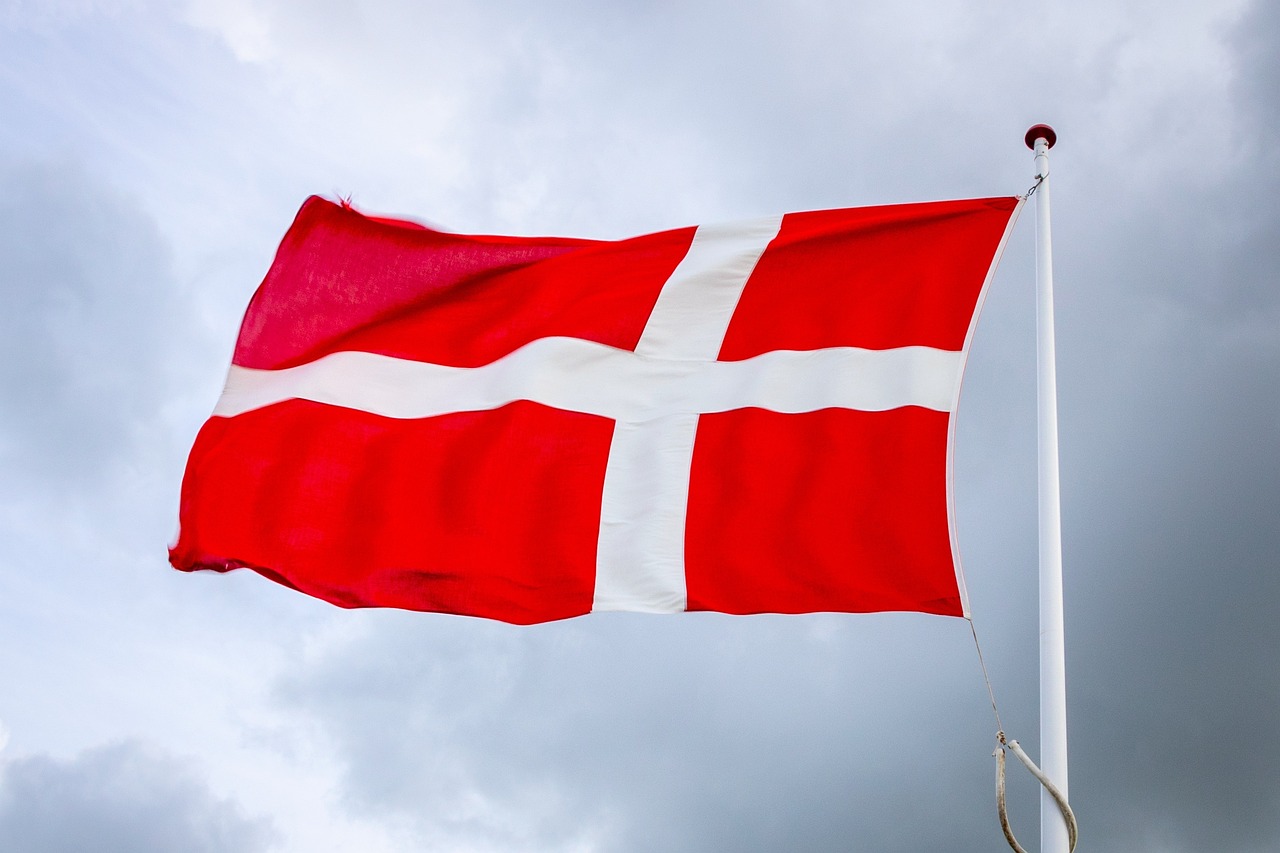Denmark Video
Maintaining Work-Life Balance in Denmark
Denmark is known for its high quality of life and strong focus on work-life balance. The Danish people value leisure time, family, and personal well-being, and this is reflected in their approach to work. In this article, we will explore various aspects of maintaining work-life balance in Denmark, including the working culture, flexible working arrangements, parental leave policies, and recreational activities.
Working Culture in Denmark
Denmark has a unique working culture that prioritizes work-life balance. The average working week in Denmark is 37 hours, and most Danes enjoy a good work-life balance. Danish employers focus on creating a positive work environment that promotes productivity and well-being. Companies often offer flexible working hours, allowing employees to adjust their schedules to fit their personal needs.
- Flexibility: Danish companies understand the importance of flexibility in achieving work-life balance. Many employers offer flexible working hours, allowing employees to start and finish work at different times.
- Trust-based work culture: Danish workplaces are known for their trust-based work culture. Employees are trusted to manage their own time and deliver results without constant supervision.
- Focus on productivity: Danish companies prioritize productivity over long working hours. The emphasis is on achieving high-quality work rather than spending excessive time at the office.
This flexibility enables individuals to manage their personal commitments and responsibilities, such as family obligations or pursuing personal interests.
This trust-based approach fosters a sense of autonomy and responsibility, helping individuals maintain a healthy work-life balance.
This approach allows employees to complete their tasks efficiently, leaving more time for personal pursuits.
Flexible Working Arrangements
Denmark recognizes the importance of flexible working arrangements in maintaining work-life balance. Various options are available to employees, allowing them to adapt their work schedules to their personal needs.
- Part-time work: Many Danish companies offer part-time work options, allowing individuals to reduce their working hours without sacrificing job security.
- Remote work: Remote work has become increasingly popular in Denmark, especially after the COVID-19 pandemic. Employers have embraced remote work arrangements, providing employees with the flexibility to work from home or other locations.
- Job sharing: Job sharing involves two or more employees sharing the responsibilities of a full-time position. This arrangement allows individuals to work part-time while still contributing to the organization.
This flexibility enables employees to allocate more time to personal interests, hobbies, or family responsibilities.
This arrangement eliminates commuting time and allows individuals to better balance their work and personal lives.
Job sharing is particularly beneficial for individuals seeking a better work-life balance or those with caregiving responsibilities.
Parental Leave Policies
Denmark is known for its generous parental leave policies, which support new parents in maintaining a healthy work-life balance while caring for their children.
- Maternity leave: In Denmark, expecting mothers are entitled to 4 weeks of pregnancy leave and 14 weeks of maternity leave. Maternity leave can be taken before and after childbirth, ensuring mothers have ample time to recover and bond with their newborn.
- Paternity leave: Danish fathers are encouraged to take an active role in parenting. They are entitled to 2 weeks of paternity leave, which can be taken within the first 14 weeks after the birth of their child.
- Parental leave: In addition to maternity and paternity leave, Denmark offers parental leave, which can be shared between both parents. Parents are entitled to a total of 32 weeks of leave, which can be taken until the child turns 9 years old.
This policy allows new mothers to prioritize their well-being and the well-being of their child during the crucial early months.
This policy promotes shared parenting responsibilities and allows fathers to actively participate in their child’s early development.
This policy allows parents to spend quality time with their children and actively participate in their upbringing.
Recreational Activities
Denmark offers a wide range of recreational activities that contribute to a well-rounded work-life balance. Danes value leisure time and prioritize activities that promote physical and mental well-being.
- Outdoor pursuits: Denmark is known for its beautiful landscapes and outdoor recreational opportunities. Danes enjoy activities such as cycling, hiking, and beach visits.
- Cultural experiences: Denmark has a rich cultural heritage, and its cities are filled with museums, art galleries, and historical sites.
- Workplace wellness initiatives: Many Danish companies prioritize employee well-being and offer workplace wellness initiatives. These initiatives may include yoga classes, gym memberships, or mental health support programs.
These activities provide an excellent way to unwind, stay active, and connect with nature.
Danes often engage in cultural activities, such as visiting museums, attending concerts, or exploring local festivals.
These initiatives encourage employees to prioritize self-care and maintain a healthy work-life balance.
Denmark Image 1:

Conclusion
Maintaining a work-life balance is highly valued in Denmark, and the country’s policies and culture reflect this commitment. The Danish working culture emphasizes flexibility, trust, and productivity, allowing individuals to achieve a healthy balance between work and personal life. Flexible working arrangements, generous parental leave policies, and a wide range of recreational activities contribute to the overall well-being of the Danish workforce. By prioritizing work-life balance, Denmark sets an example for creating a harmonious and fulfilling lifestyle.
Denmark Image 2:

References
– Official Denmark (denmark.dk)
– Ministry of Employment, Denmark (bm.dk)
– Workindenmark.dk
– The Local Denmark (thelocal.dk)


